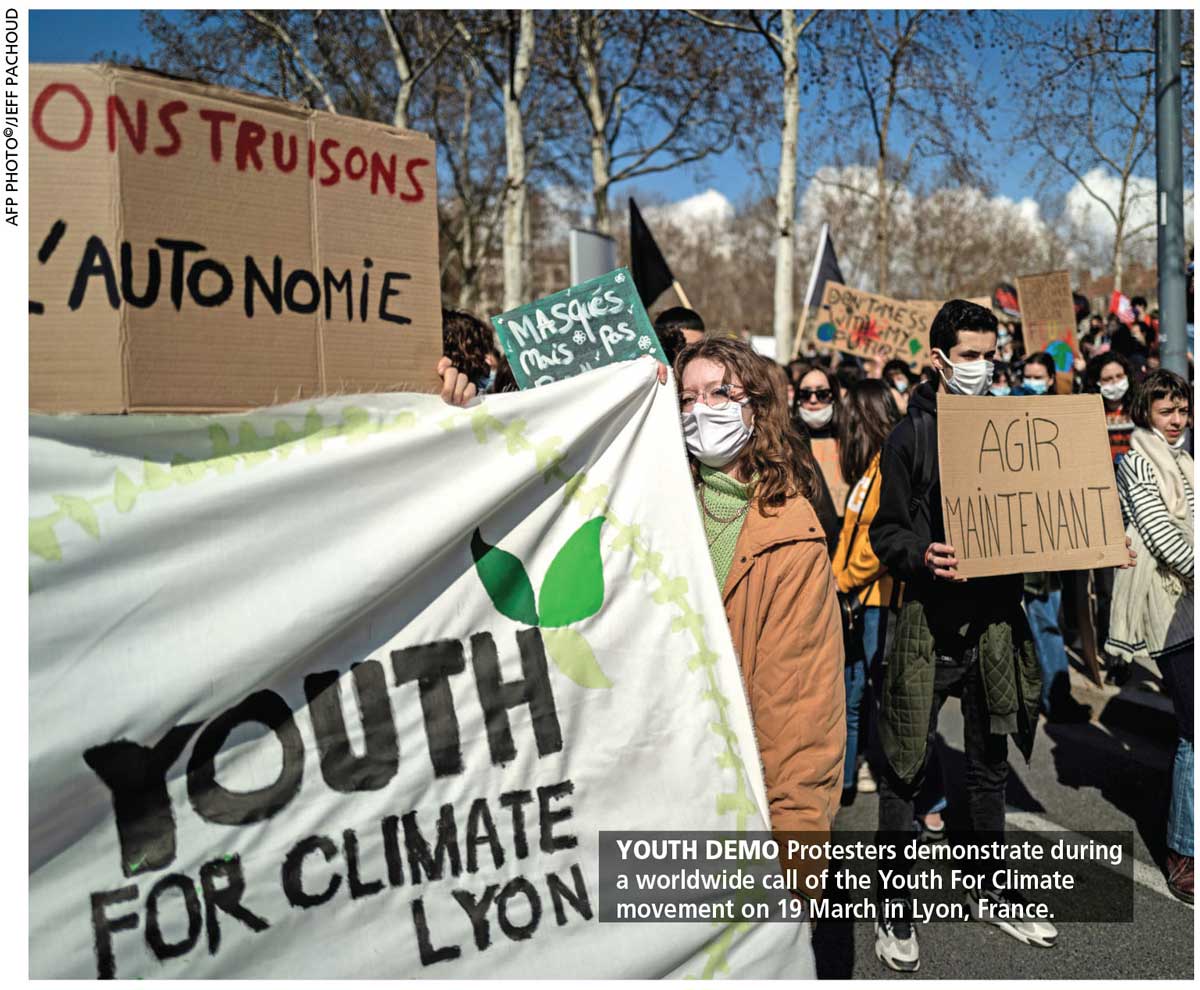
The slogan ‘you’ve messed with the wrong generation’ couldn’t have evaded your eyes or eluded your ears if you have driven past GotaGoGama. The aragalaya solidified the fact that today’s youth are not slaves of circumstances.
YOUNG REBELS WITH A PURPOSE
Isanka Perera emphasises that youth must have a voice in nation building
Although it sounds novel, the reality is that this has been the case all along. As one generation takes over from its predecessor in political, social and cultural roles, and shapes the tomorrow of a nation, the transition drives revolutions and reform.
However, since the beginning of time, the youth – especially in countries such as Sri Lanka – have been seen as a force of disruption rather than agents of change.
Our education system catches them young and clips their wings. Young people are taught to listen, memorise and parrot out answers; and keep their heads down, not raise their voices, or question or challenge the status quo.
Their opinions are often held in contempt by the older generations, demolishing any credibility in their arguments – and any platform they may have, to raise their issues and demand justice. A large percentage of this population has had their liberty, dignity and fundamental rights stolen from them.
A nation’s young demographic is its most valuable asset; active participation by youth is vital to achieving the goals of a country, and helping it to develop and progress.
When young people contribute ideas and energy to resolve social issues, they instigate social reforms and improvements in society; they have the courage to resolve the mournful contradictions that plague their communities and boldly face the challenges, which inevitably surface in life.
At the same time, today’s world is more dynamic than ever before. As Sri Lanka undergoes rapid and concurrent economic, demographic, social and behavioural shifts, the country must ensure that its growth is inclusive and shared by all sections of society.
The nation will not be able to realise its maximum growth potential if its youth isn’t able to participate adequately and productively in the economy.
However, the optimal advantage of young people can be harnessed only through proportionate investment in human capital development. With broadened opportunities for better education and healthcare, they can navigate adulthood while access to training and growth opportunities will help them participate in the workforce effectively.
As Sri Lanka’s economic crisis destroys their last vestige of hope for a better future, the youth have found themselves in a uniquely disadvantaged position. Their future has been robbed from them, and replaced with shrinking resources and dwindling opportunities.
Young people have also witnessed how corruption and power have made the available resources and opportunities accessible to a very few. Irrespective of gender, race, religion and other differences, equal opportunities must be available for all without allowing nepotism and favouritism to erode the country’s talent.
The crux of the matter is that sentencing one generation of Sri Lankan youth to poverty inevitably means sentencing subsequent generations to the same fate because intergenerational poverty is notoriously difficult to escape.
Yet, if given the opportunity, young people have the power and strength to rebuild this nation. They have the perspective that older generations lack, and their energy and enthusiasm will help the nation prosper and flourish if channelled properly.
However, the window of opportunity to get this right before record numbers of youth reach middle age and lose their demographic dividend is small.
They should be provided the resources, guidance and a healthy environment so that they can thrive as agents of change in the community. And the older generations must ensure that they’re allowed to fly as high as they can instead of being shackled to the ground.
This content is available for subscribers only.





